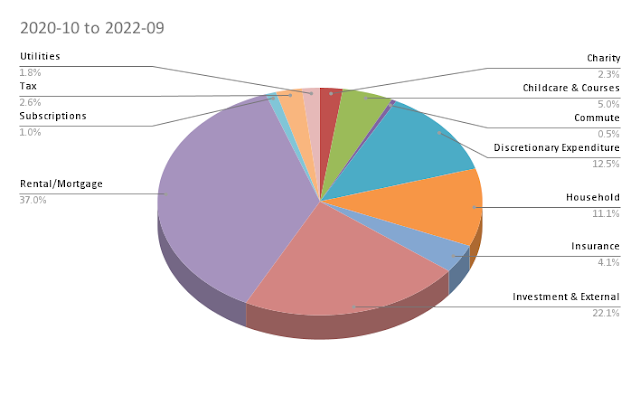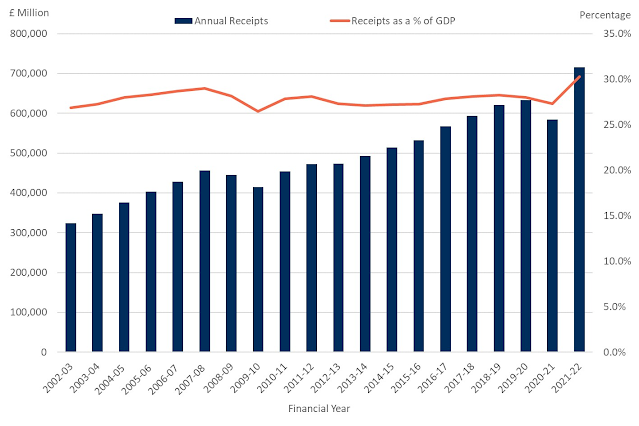On Richard Thaler
Quotes from Michael Lewis' Undoing Project:
Richard Thaler just won the Nobel Prize for Economics.
I know there is a lot of survivor bias to the story and not every B student is going to win a Nobel Prize, but the story tells you that being a B student alone doesn't disqualify you from contributing to society, so long as you are inquisitive and willing to persevere.
"There was at least one economist who didn’t feel that way, but he wasn’t, at least when he came upon Danny and Amos’s theory, anyone’s idea of a future Nobel Prize winner. His name was Richard Thaler. In 1975, Thaler was a thirty-year-old assistant professor in the School of Management at the University of Rochester with vague prospects. It was a wonder he was even there. He had two deeply pronounced traits that rendered him unsuited not just to economics but to academic life. The first was that he was easily bored, and highly imaginative in his attempts to escape boredom."
"This was odd, as Thaler’s other pronounced trait was a sense of ineptitude. When he was ten or eleven years old, and a B student, his father, a detail-oriented insurance executive, had grown so frustrated with his sloppy schoolwork that he handed his son The Adventures of Tom Sawyer and told him to copy a few pages exactly as Mark Twain had written them. Thaler tried, seriously. “I did it over and over, kicking and screaming.” Each time, his father found errors—missing words, missing commas. The quotation marks in an exchange between Tom and Aunt Polly confounded him. Looking back on it, he could see that his problem was more than a lack of effort: He was probably mildly dyslexic. But people just assumed he was either careless or lazy, or both."
"Thaler had gone from college straight to graduate school mainly because his father’s life had persuaded him that business careers were mind-crushingly boring, and that he had no ability to work for someone else. He couldn’t think of what else to do but go to graduate school, and he picked economics because “it seemed kind of practical.” Only then did he discover that the field placed a terrifying premium on both precision and mathematical ability—to the point where it seemed that the only people who were allowed to make jokes in their journal articles were the guys who were best at math."
"He wrote his thesis about why the infant mortality rate in the United States was twice as high for black as for white populations. Controlling for all the obvious variables—education and income of the parents, whether the baby was born in a hospital, and so on—he explained only half the difference. He was left with what seemed an unsolvable puzzle. “I tried and failed to explain it,” he said. “I could have made it more interesting if I had had more confidence.” The economics profession responded by rejecting him for every university job he applied for. He settled for a job with a consulting firm. Then, just as he set out on a new path in life, the firm closed an office and let him go. At the age of twenty-seven, broke and unemployed, with a wife and two little kids, Thaler begged the head of the Rochester School of Management for a job, and the man gave him a temporary one-year gig teaching cost-benefit analysis to business school students. Back in school, he set out to write another dissertation. He found another interesting question: How much is a human life worth? He also found a clever way to approach the problem. He compared the salaries for risky jobs—coal miner, logger, skyscraper window-washer—to the life expectancy of the people who did them."
"(The number he came up with was $1.4 million, in 2016 dollars.)"
"The paper secured Thaler a full-time job, without tenure, at the Rochester Graduate School of Management."
"Thaler thought that was really interesting. He told his thesis advisor about his findings. “Stop wasting your time with questionnaires and start doing real economics,” said his advisor. Instead, Thaler began to keep a list. On the list were a lot of irrational things people do that economists claim that they don’t do, because economists presume that people are rational."
"The University of Rochester denied Thaler tenure. His future was hazy when, in 1976, he attended a conference on how to value a human life."
Richard Thaler just won the Nobel Prize for Economics.
I know there is a lot of survivor bias to the story and not every B student is going to win a Nobel Prize, but the story tells you that being a B student alone doesn't disqualify you from contributing to society, so long as you are inquisitive and willing to persevere.

